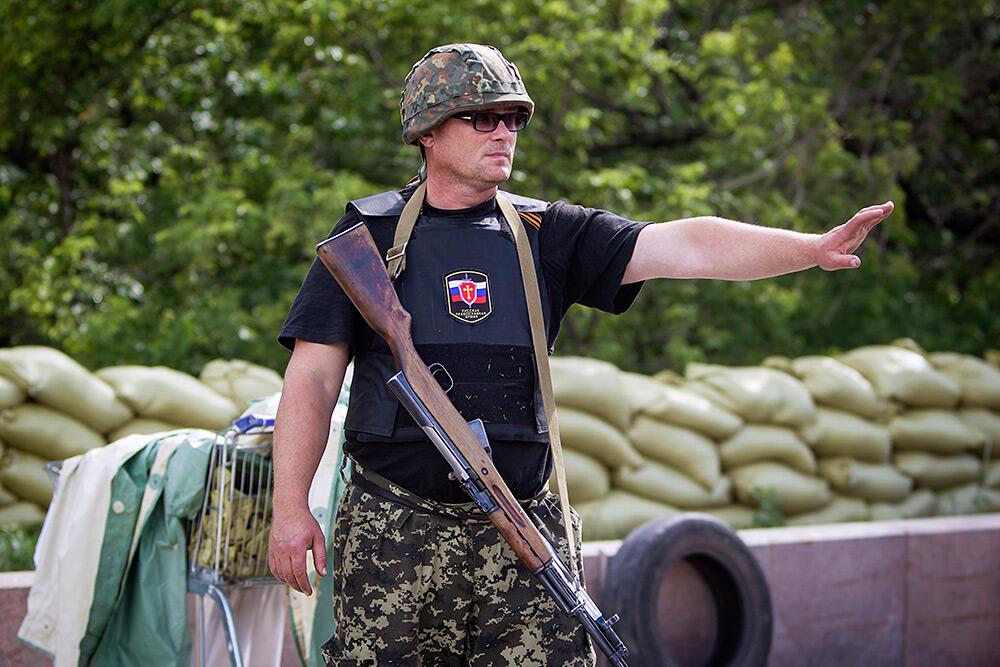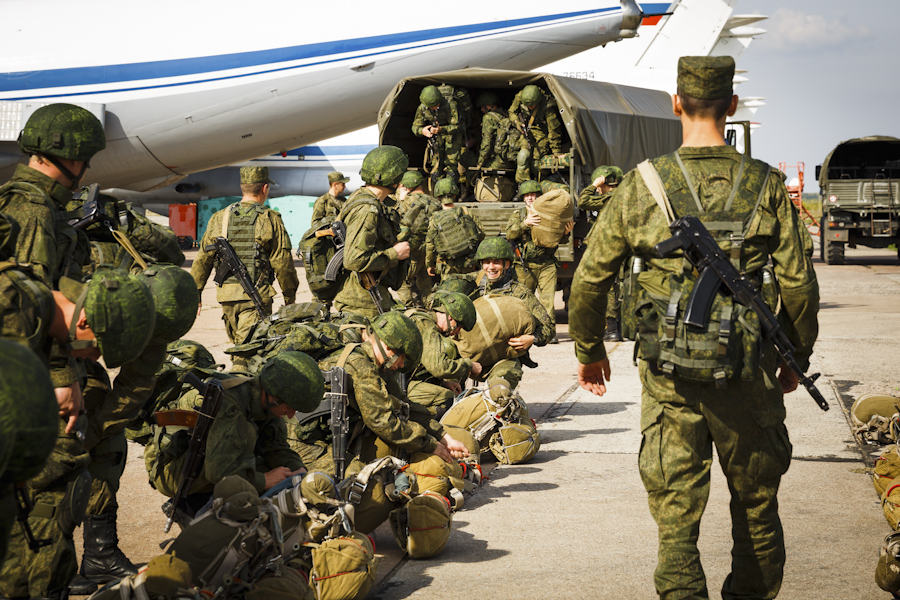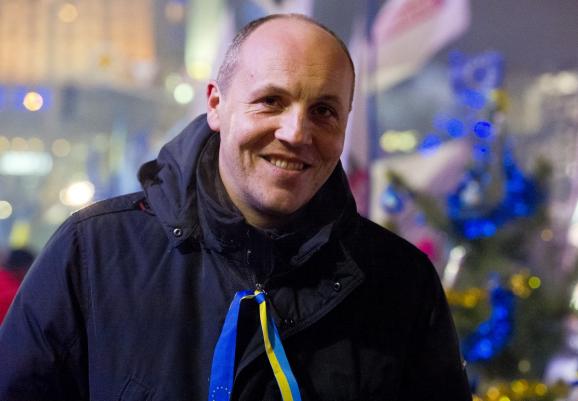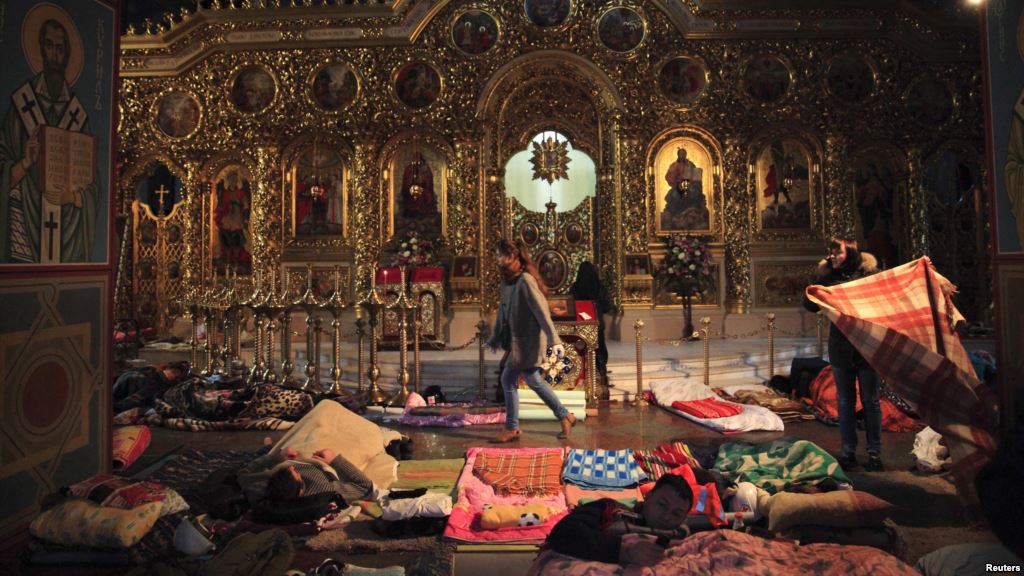Ever since Vladimir Putin’s intervention in Ukraine began, the Western media have struggled over what to call the forces on whom he has relied, tending in far too many cases to use either meaningless euphemisms like “little green men” or terms that lend legitimacy to Moscow’s claims like “militants” or “rebels” against Kyiv.
But as it becoming clearer with each passing day, especially as it appears Moscow is preparing to launch a full-scale invasion of southeastern Ukraine, these “pro-Russian” forces are far more accurately described not as “militants” or “rebels” but as “occupiers,” citizens of a foreign state seeking to rule over the territory of a neighboring one.
As ever more Ukrainian and some Western media outlets have documented, an ever higher percentage of the organizers and even executors of the so-called Donetsk and Luhansk “peoples republics” are not citizens of Ukraine but instead citizens of the Russian Federation. Consequently, they should not be described as “rebels.”
The clearest exposition of this is provided by Casey Michel in The Moscow Times. She writes that “if the annihilation of MH17 ends in anything, it should be the realization that these men are neither ‘Ukrainian’ nor ‘rebels’ … they are outsiders and usurpers, men with either mercenary or imperial motivations.”
Those involved are not Ukrainian citizens who oppose Kyiv’s pro-European choice, she writes. “They are pro-Russian” and “they are separatists.” But they are not separatists from the inside but from the outside: “these men are invaders — and they are not Ukrainians.” Instead, those doing the fighting “are a compendium of post-Soviet citizenships.”
“Although some are undoubtedly motivated by mercenary inclinations, many non-Ukrainians are there for more than money,” she says. “An Armenian citizen recruited through the separatists’ Moscow office, who has since left the ranks of the separatists, said that he was “fighting for [the Soviet Union].” A Turkmen national, swathed in Soviet regalia, was filmed a few days later saying much the same thing.”
“For a certain sector of the post-Soviet populace, 1991 never happened. For this group, nostalgic for the Soviet Union, the men in eastern Ukraine are rebels and freedom fighters, rather than the Russian-led, Russian-backed marauders that the West and the Ukrainian government recognizes them to be.”
“But the West should not help them out by labeling them as “Ukrainian rebels,” the Bishkek-based American commentator says. “Only a handful of these men are Ukrainian. And given their either mercenary or imperial motivations, they are closer to invaders by definition than ‘rebels.’”
In the wake of the shooting down of the Malaysian airliner, she argues, “calling them what they really are is the least we can do.”








